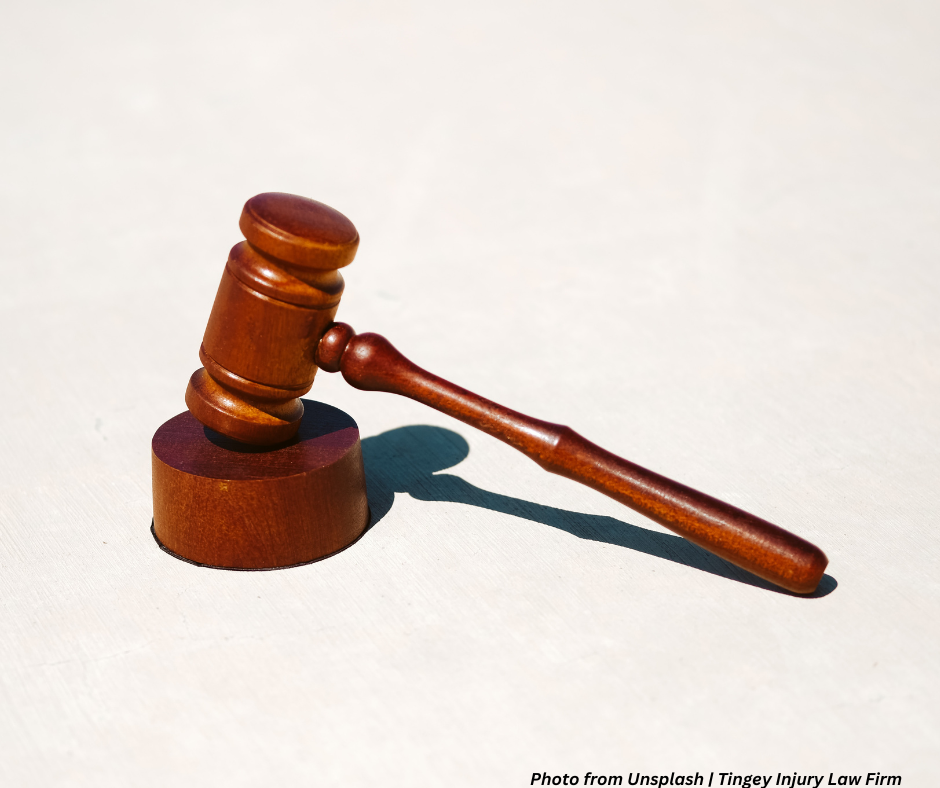
Photo from Unsplash | Tingey Injury Law Firm
The following post does not create a lawyer-client relationship between Alburo Alburo and Associates Law Offices (or any of its lawyers) and the reader. It is still best for you to engage the services of a lawyer or you may directly contact and consult Alburo Alburo and Associates Law Offices to address your specific legal concerns, if there is any.
Also, the matters contained in the following were written in accordance with the law, rules, and jurisprudence prevailing at the time of writing and posting, and do not include any future developments on the subject matter under discussion.
AT A GLANCE:
An action for quieting of title is a remedy grounded on equity. The court will determine the respective rights of the complainant and other claimants to put things in their proper place and make the one who has no rights to the property not to disturb the other. Every cloud of doubt over the property will be dissipated, and the one who has a right over the same, may afterwards introduce improvements he may desire, to use, and even to abuse the property as he deems best. (Source: Guillermo Salvador, et. al. v. Patricia, Inc., G.R. No. 195834, November 09, 2016)
An action for quieting of title is a remedy grounded on equity. The court will determine the respective rights of the complainant and other claimants to put things in their proper place and make the one who has no rights to the property not to disturb the other. Every cloud of doubt over the property will be dissipated, and the one who has a right over the same, may afterwards introduce improvements he may desire, to use, and even to abuse the property as he deems best.
The action for quieting of title has for its bases Articles 476 and 477 of the Civil Code.
The law says –
ART. 476. Whenever there is a cloud on title to real property or any interest therein, by reason of any instrument, record, claim, encumbrance or proceeding which is apparently valid or effective but is in truth and in fact invalid, ineffective, voidable, or unenforceable, and may be prejudicial to said title, an action may be brought to remove such cloud or to quiet the title.
An action may also be brought to prevent a cloud from being cast upon title to real property or any interest therein.
ART. 477. The plaintiff must have legal or equitable title to, or interest in the real property which is the subject-matter of the action. He need not be in possession of said property.
Jurisprudence says –
In an action for quieting of title, the competent court is tasked to determine the respective rights of the complainant and other claimants, not only to place things in their proper place, to make the one who has no rights to said immovable respect and not disturb the other, but also for the benefit of both, so that he who has the right would see every cloud of doubt over the property dissipated, and he could afterwards without fear introduce the improvements he may desire, to use, and even to abuse the property as he deems best.
An action to quiet title or remove the clouds over the title is a special civil action governed by the second paragraph of Section 1, Rule 63 of the Rules of Court. Specifically, an action for quieting of title is essentially a common law remedy grounded on equity.
Indispensable requisites for an action to quiet title
For an action to quiet title to prosper, two indispensable requisites must concur, namely: (1) the plaintiff or complainant has a legal or an equitable title to or interest in the real property subject of the action; and (2) the deed, claim, encumbrance, or proceeding claimed to be casting cloud on his title must be shown to be in fact invalid or inoperative despite its prima facie appearance of validity or legal efficacy.
Source: SPS. ERNESTO V. YU AND ELSIE YU, PETITIONERS, VS. EULOGIO A. TOPACIO, JR., G.R. No. 216024, September 18, 2019; GUILLERMO SALVADOR, et. al. v. PATRICIA, INC., G.R. No. 195834, November 09, 2016
Read also: Strength of Certificate of Title
Alburo Alburo and Associates Law Offices specializes in business law and labor law consulting. For inquiries regarding taxation and taxpayer’s remedies, you may reach us at info@alburolaw.com, or dial us at (02)7745-4391/0917-5772207.
All rights reserved.


